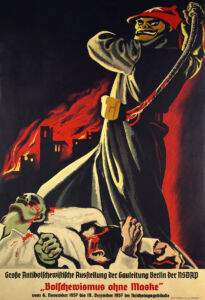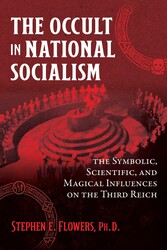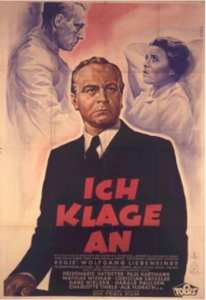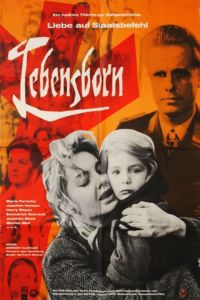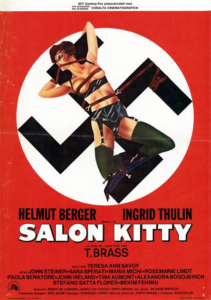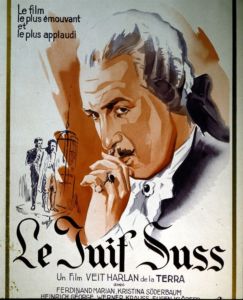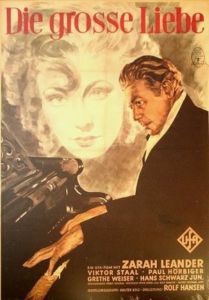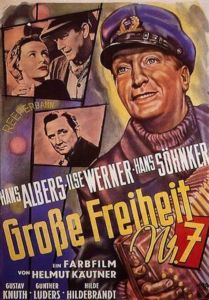2,347 words
Travis LeBlanc dropped a lot of wisdom and perspective on us regarding the Second World War and the Jewish Holocaust in two recent essays for Counter-Currents. Judging from the comments in response to them, it seems the Counter-Currents readership is well aware of this and appreciates his efforts. I certainly do. Although he expressed a fair number of historical opinions regarding the world wars, his main thrust was to discourage what he calls “spergery,” or how the excessive, specialized interest in the Second World War among dissidents can quickly drive a political movement into the weeds. Or even cause it to crack up altogether through absurd purity spiraling: (more…)
